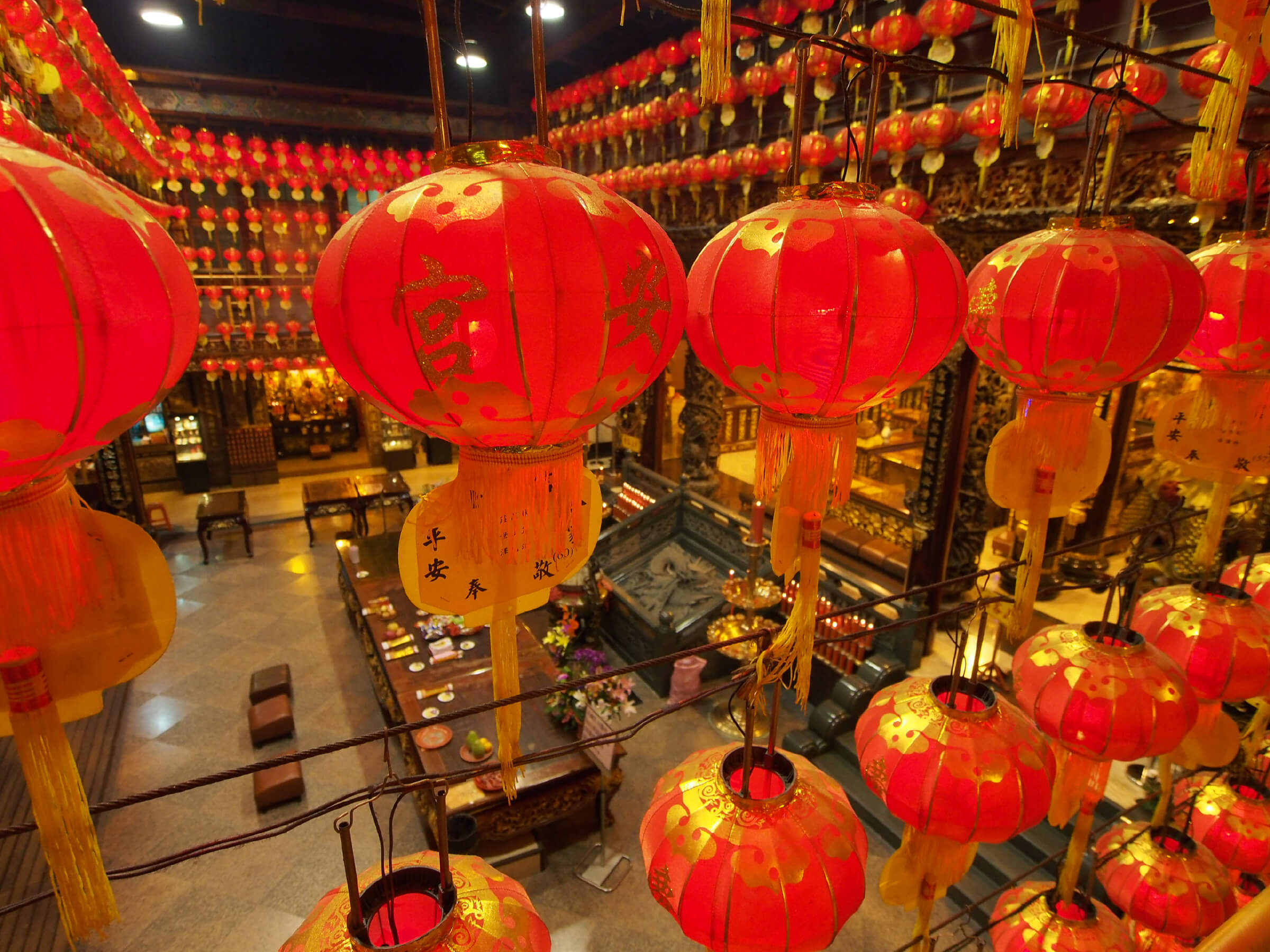民俗学・文化人類学コースとは?
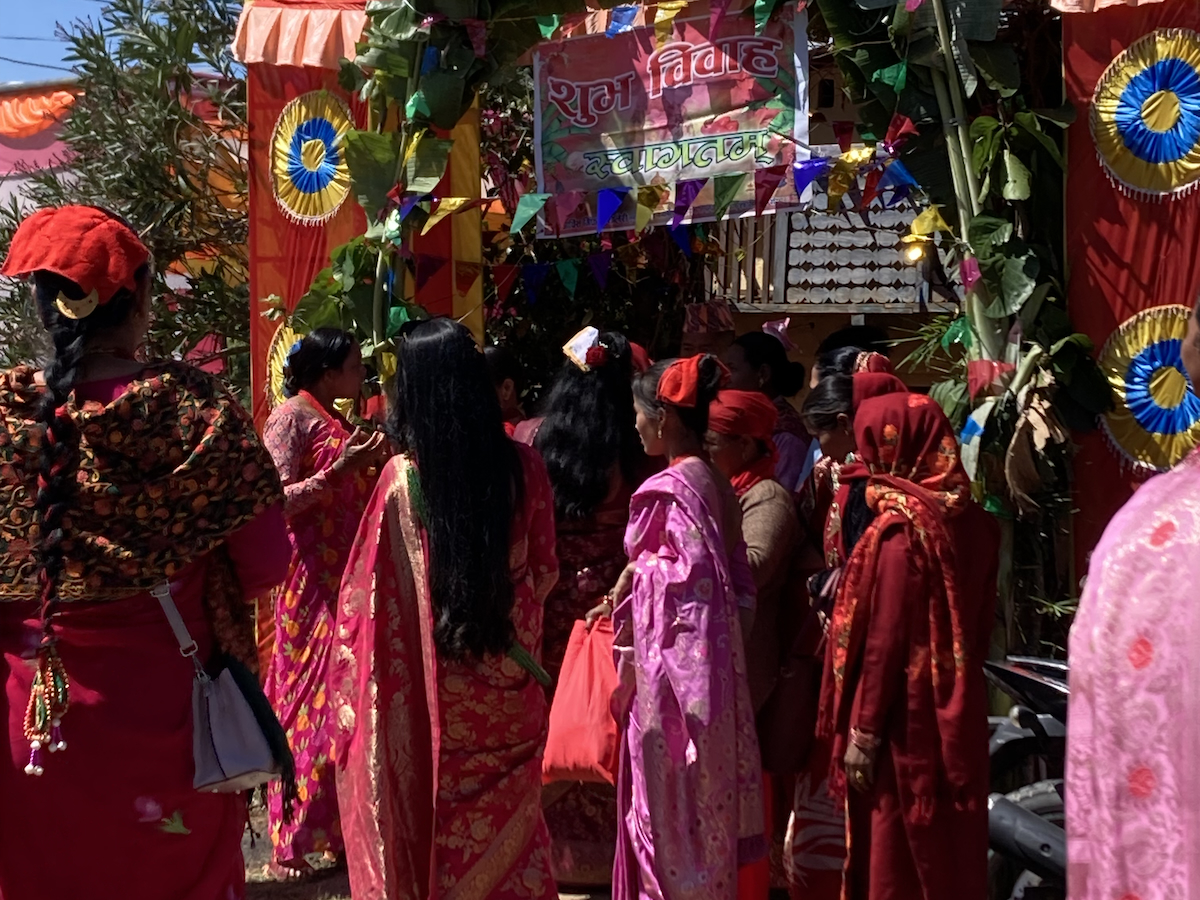
民俗学・文化人類学の学び方
民俗学は儀礼・信仰・社会・経済などの伝承資料から日常の暮らしと文化を探求し、文化人類学は異文化の営みと我々自身の営みをシンメトリックに研究する学問です。
いずれもフィールドワークに基づいて、価値観を異にする人々の行動様式を生活文化の中で理解します。そのため専攻する学生は5日間の調査実習に2回参加し、その体験から自分自身で問題を発見し作業仮説を打ち立てて研究を進めることになります。
民俗学では対象の歴史的な深みを考察するため日本史学と連携した科目を組んでいます。文化人類学では古典的な理論から最新の科学技術論に至るまで幅広く批判的に学びます。こうして育まれた能力を用い、身近でありながら人間にとって根源的な経験を記述し理論的に考察する卒業研究に取り組みます。
授業科目の一例
- 民俗学特講
- 比較民俗学演習
- 民俗史料講義
- 民俗学実習
- 民俗学調査法
- 文化人類学講義
- 文化人類学演習
- 文化人類学実習
- 文化人類学調査法
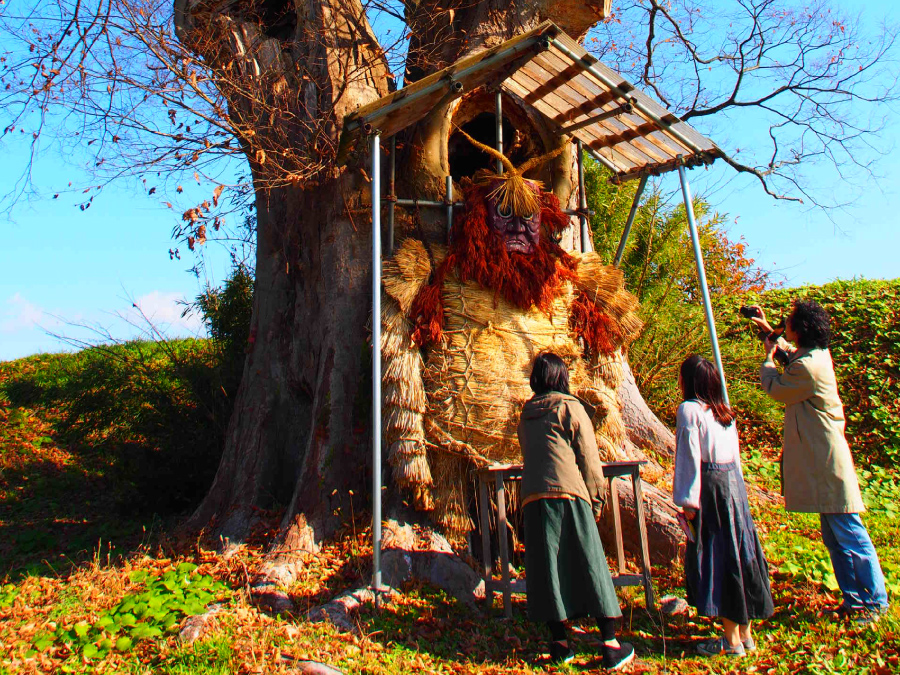
授業紹介
調査法と実習とは?
民俗学・文化人類学コースの学生(主に2、3年生)は年に1度、日本国内のどこかで調査をします。
そこでのフィールドワークを通して生活文化を考察し、人々の思考と行動にふれ、自身の文化理論を試します。そのために事前に「調査法」の授業で十分な準備を積み重ね、それから実際に「実習」調査に向かいます。
先輩たちの卒業論文
- 背景化する開削者顕彰・前景化する水神祭祀
- 農業機械の導入後に再認識された牛の飼養という選択
- イエを継承した個人による伝承の実践
- 共鳴し重なり合う「市民」と「生活者」
- 故人の身体をととのえる―納棺師の民族誌―
- 富士講と地域における人づきあい
所属教員紹介
| 教員名 | 職階 | メッセージ | |
|---|---|---|---|
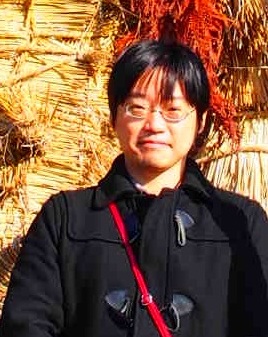
|
武井 基晃 Motoaki Takei | 准教授 | 民俗学・文化人類学コース 民俗学「歴史を伝え、神々と交渉する人々」 |
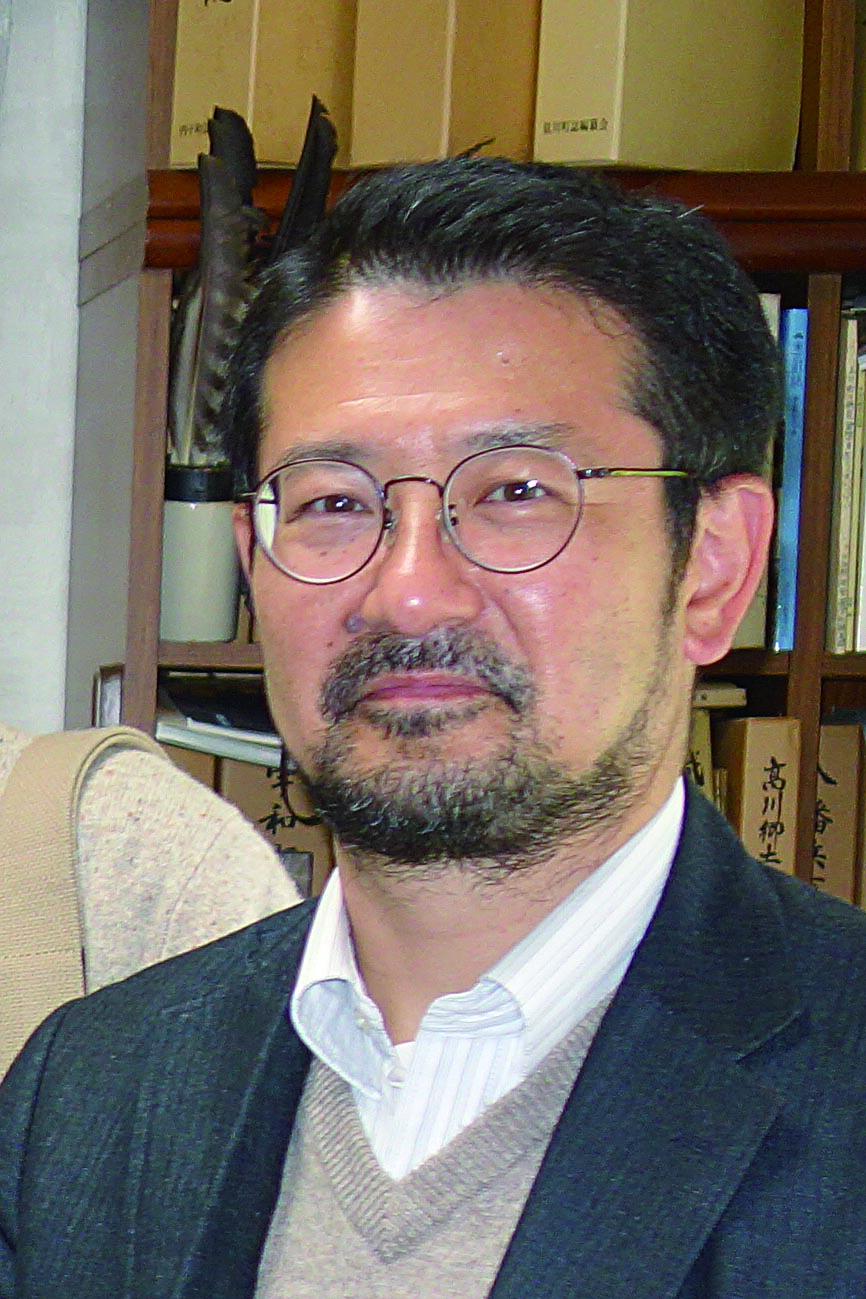
|
中野 泰 Yasushi Nakano | 准教授 | 民俗学・文化人類学コース 民俗学「日本・東アジアの村落・生業研究」 |
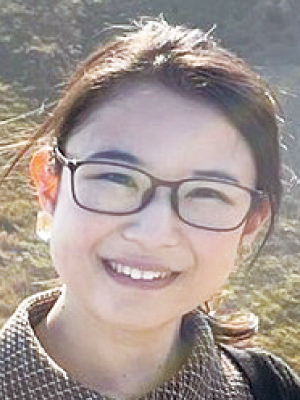
|
中村 友香 Yuka Nakamura | 助教 | 民俗学・文化人類学コース 文化人類学「南アジア・ネパールの医療人類学」 |
学生の声
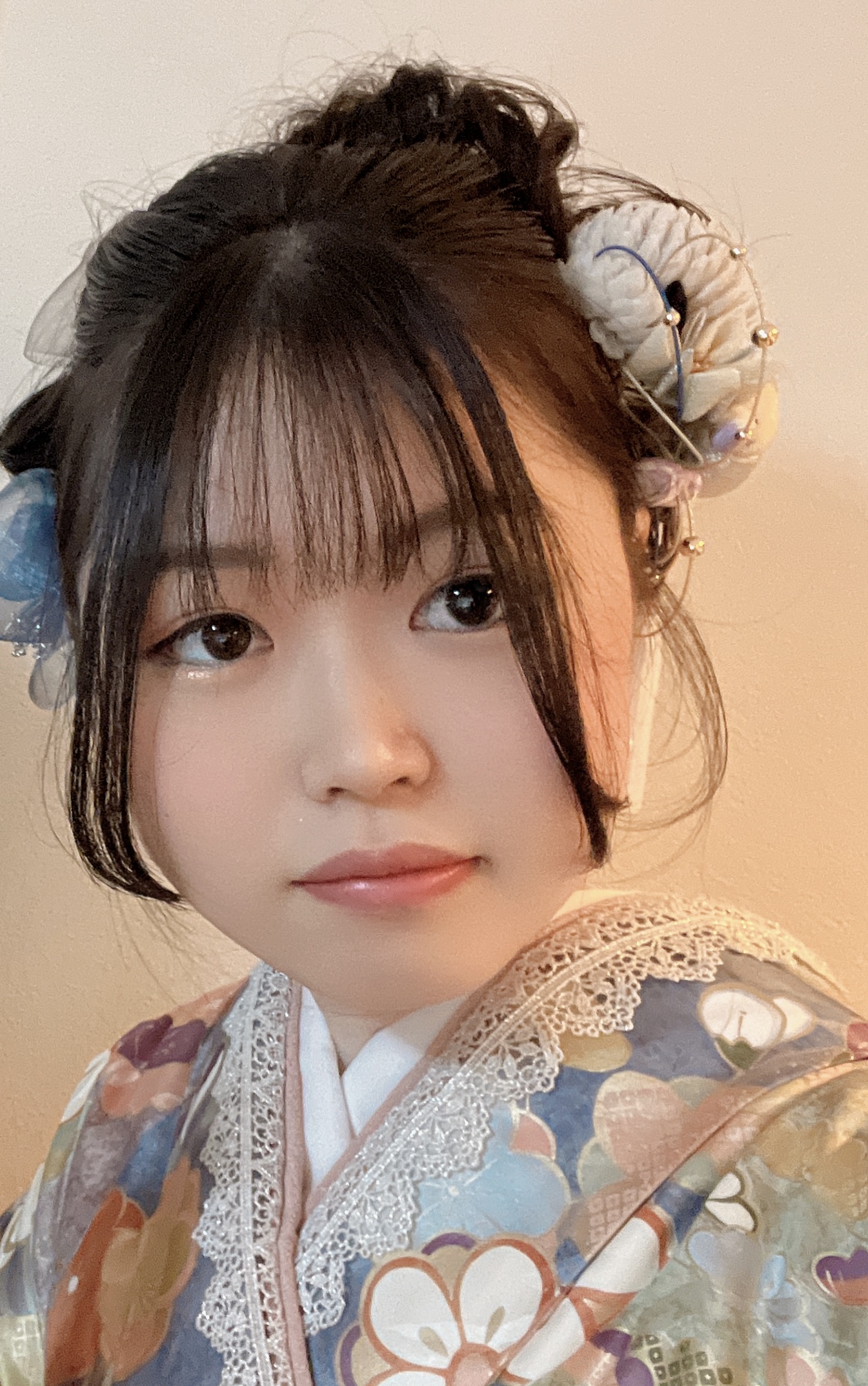
3年生鈴木 花歩
民俗学とはどのような学問であるのか、これまで多くの人に私は問いかけられてきました。これについて、民俗学は当たり前を見つめ直す学問であると、今の私は答えたいと思います。しかし、私はまだ学びの途中にあり、これからも民俗学とはいかなる学問かについて考え続けなければなりません。
人文学類生は3年次から11のコースに分かれ、各専攻コースで学びを深めます。民俗学・文化人類学コースはそのうちの1つですが、さらに民俗学と文化人類学、2つの学問に分かれています。民俗学と文化人類学の共通点はフィールドワークを行うことです。本コースでは、民俗学実習/文化人類学実習という授業があり、学生たちは自身の興味関心にもとづきながらフィールドワークを行います。
私は2年次の民俗学実習において、山と人々の関わりを調査テーマに据え、宮城県加美町に6日間滞在しました。かつて加美町の生業の中心であった林業や、きのこ・山菜採りなどの山の恵みの利活用という観点から、加美町の人々が山とどのように生きているのかを調査しました。フィールドワークを通して初めて私は、彼らの当たり前に触れられた気がします。文献資料だけでは知ることのできなかった人々の細やかな感情や営みを間近で見ることができました。実際に現地に足を踏み入れ、そこで暮らす人々と関わることで、調査テーマもより研ぎ澄まされていきます。
私の民俗学は、自分の近くに眠っていた当たり前を見つめることから始まりました。私はまだ探求の途中です。これからも大学での学び、そしてフィールドワークを通じて、民俗学とは何かについて問い続けることで、ようやく掴めるものがあると思っています。
皆さんもぜひ民俗学・文化人類学コースで私たちと一緒に学びませんか?
About the Folklore and Cultural Anthropology Course?
How to Study Folklore and Cultural Anthropology

Folklore is a discipline that examines everyday life and culture using sources passed down over the generations, such as rituals, beliefs, society, and economics, whereas cultural anthropology is the symmetric study of the lives of other cultures along with our own. Both use fieldwork to understand how people with different values behave in everyday life and culture. For this reason, students majoring in this field must participate in two five-day research training sessions, and using this experience discover problems and formulate working hypotheses for their own research.
In Folklore, classes have been tied to Japanese History to investigate the historical depths of the subject. In Cultural Anthropology, students engage in the critical study of a wide range of topics, from classical theory to the latest scientific and technological theories. Using skills cultivated in this way, students work towards a graduation thesis that describes and investigates theoretical experiences that are familiar yet fundamental to human beings.
The Course Faculty
Example of Subjects
- Topics in Folklore
- Seminar in Comparative Folklore
- Topics in Cultural Anthropology
- Seminar in Cultural Anthropology
- Fieldwork Methods in Folklore and Cultural Anthropology
- Training of Field Research in Folklore and Cultural Anthropology
Course Introduction
About Research Methods and Practicum?
Once a year, students in the Folklore and Cultural Anthropology course (mainly 2nd and 3rd year students) go to somewhere in Japan for field research. There, through their daily fieldwork, they investigate lifestyle and culture, interact with the thoughts and behaviors of the locals, and test their own cultural theories. To do this, students will prepare sufficiently in advance through the Research Methods class, then conduct actual surveys in the Practicum.
Senior Graduation Thesis
- Elementary Schools Honoring Great People
- Use of Local Resources Observed in the Use of Fukure Mikan Mandarin Oranges
- The Particularities of Terraced Rice Paddy Farmers and the Value of Rice
- The Life of Elderly People on Sports Teams
- Ethnography on the Emergence of Media Art and Politics
- An Anthropological Study of Taiwan's Morning Markets
- Ethnography of Nature Observation Forests and of the Nature Around Us
Faculty Members
| 教員名 | 職階 | メッセージ | |
|---|---|---|---|

|
武井 基晃 Motoaki Takei | 准教授 | 民俗学・文化人類学コース 民俗学「歴史を伝え、神々と交渉する人々」 |

|
中野 泰 Yasushi Nakano | 准教授 | 民俗学・文化人類学コース 民俗学「日本・東アジアの村落・生業研究」 |

|
中村 友香 Yuka Nakamura | 助教 | 民俗学・文化人類学コース 文化人類学「南アジア・ネパールの医療人類学」 |
Student Voices
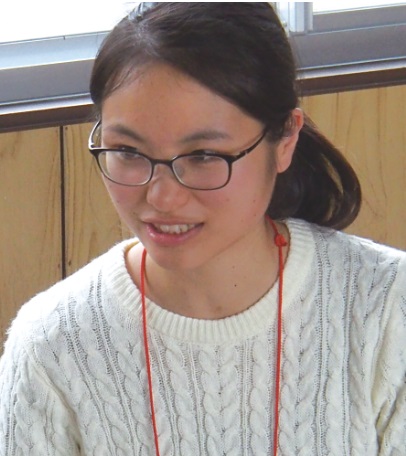
GraduateIkumi Koike
Folklore is a discipline that studies, reconstructs, and reaffirms our daily lives and culture from a variety of aspects. Characteristic of this discipline is that it involves not only librarywork such as examining literature, but also fieldwork, where you actually go to a site and take notes. In the Folklore Practicum, which starts during the second year, students choose a research topic freely based on their own interests, then, after conducting a preliminary survey using prior research and local maps under the guidance of professors and graduate students, go perform actual fieldwork. I investigated how a port town festival was passed down to this very day, what kind of organizations have run periodic markets in a certain town, and more. Fieldwork is a research method filled with difficulties as it requires going to a site yourself and communicating proactively with the locals to obtain information. However, interacting with stories from all kinds of people and reaffirming the wealth of human culture is an interesting, stimulating, and profound experience.
Third year students start working on their graduation theses based on their experiences in the practicum. I used the topic I had worked on in the practicum of managing and passing down events and objects as my topic for the graduation thesis. I investigated the Rice Planting Festival passed down by a shrine in the city of Kitakata, Fukushima, focusing on how local residents who run the festival have changed its management system and what kind of changes have been added to the festival to reveal how the management thought about the festival. I also conducted research to reveal how the people who run the festival understand and respond to the element of inheriting traditions essential to the festival, with a focus on who performs the rice planting dance, one of the major changes in recent years. I met many people while I was there, not only residents but those from the government research committee, the curator of the Fukushima Prefectural Museum, amateur photographers who came to capture Shinto rituals, and more, all of whom helped me conduct my research.
Fieldwork leads to many encounters. I myself have had many experiences both rare and heart-warming, such as being given special permission to fly an enormous kite used at an annual festival or going to eat traditional local cuisine with people I’d met that very day. I believe that my encounters with the discipline of folklore and delving into research has led to my own growth as a human being. New discoveries lurk deep within the everyday life and culture we take for granted. Those who are interested, why not choose the Folklore and Cultural Anthropology Course and head out to the field?
